As we navigate through 2025, the facility management industry is undergoing significant transformations driven by technological advancements and a heightened focus on sustainability. Two pivotal trends shaping this evolution are the integration of artificial intelligence (AI) and the emphasis on energy efficiency.
Artificial Intelligence Revolutionizing Facility Management
The adoption of AI technologies has become a game-changer in facility management. AI-driven systems are now pivotal in predictive maintenance, energy management, and enhancing occupant experiences. For instance, AI-powered analytics can predict equipment failures before they occur, allowing for proactive maintenance and reducing downtime. Businesses looking to optimize their workflows are increasingly integrating IoT-enabled facility management solutions, which enable real-time data collection and automation.
Many facilities are also leveraging auto-dispatch systems that use AI to assign tasks automatically, ensuring that maintenance requests are handled efficiently. This reduces manual coordination efforts, improves response times, and enhances overall service delivery.
Prioritizing Energy Efficiency and Sustainability
Energy efficiency remains a cornerstone of modern facility management. According to the World Bank Group, improving energy efficiency can reduce greenhouse gas emissions by up to 40% within the next six years. This statistic underscores the critical role that energy management plays in achieving environmental sustainability goals.
Facility managers are increasingly implementing Energy Management Systems (EMS) to monitor and optimize energy consumption across facilities. These centralized systems provide insights into energy usage patterns, enabling the identification of inefficiencies and the implementation of corrective measures. Additionally, the adoption of sustainable materials and eco-friendly building practices contributes to resource conservation and waste reduction.
Companies looking to streamline operations and reduce waste are also turning to surplus inventory management solutions, which help repurpose and redistribute excess resources efficiently. This shift not only cuts costs but also supports broader sustainability initiatives.
The Circular Economy Approach
Embracing the principles of the circular economy is becoming integral to facility management strategies. This approach emphasizes minimizing waste and maximizing resource efficiency by reusing materials and reducing energy consumption. Facility managers play a crucial role in implementing practices that support long-term sustainability goals, such as adopting renewable energy sources and optimizing water usage.
Conclusion
The convergence of AI and energy efficiency is reshaping the facility management landscape in 2025. By leveraging AI technologies, facility managers can enhance operational efficiency, predict maintenance needs, and improve occupant experiences. Simultaneously, a steadfast commitment to energy efficiency and sustainable practices addresses environmental concerns and aligns with global sustainability objectives.
To stay ahead of industry shifts, explore the latest facility management automation solutions that can help optimize your operations. Learn more about how technology-driven facility management can improve efficiency and sustainability.















